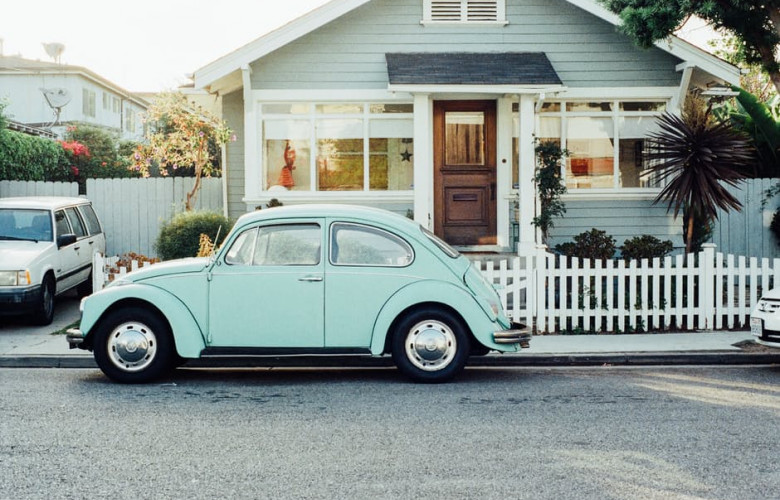Could equity-sharing help solve Australia's affordability problems?
Contact
Could equity-sharing help solve Australia's affordability problems?
As rates of home ownership decline in the US, private equity firms are stepping in with a version of the 'sharing economy' for home ownership. Could the same trend emerge here?
In the United States, as in Australia, rates of home ownership are in decline as property prices soar and as banks tighten mortgage lending.
The US has long had public home-equity sharing, but no scheme has achieved significant scale.
Now a number of private equity firms have entered the fray, bringing the 'sharing economy' to home ownership.
Unison and Own Home Finance are two firms that have led the way.
How does it work?
Buyers top up their deposit with funds from the lender to achieve the 80% loan-to-value ratio generally required in the US, ensuring the buyer not only gets the loan, but also doesn't have to pay mortgage insurance.
A smaller mortgage and the absence of insurance payments means lower monthly payments.
The lender receives a percentage of the capital gain when the property is sold. The actual percentage varies depending on the capital gain or loss, and the specifics of the deal.
Some transaction fees also apply. For example, at Unison, the transaction fee is 2.5% of the amount the company contributes to the deposit.
Laurie Goodman, co-director of the housing policy finance center at research group Urban Institute, told the LA Times it’s important that home buyers understand what they’re getting into.
“Saving money up front in exchange for a share of the upside is a legitimate decision, but it’s one the buyer needs to fully understand,” she said.
Will we see something similar emerge in Australia?
See also:
Affordability worsens as bigger mortgages erode benefits of lower rates





